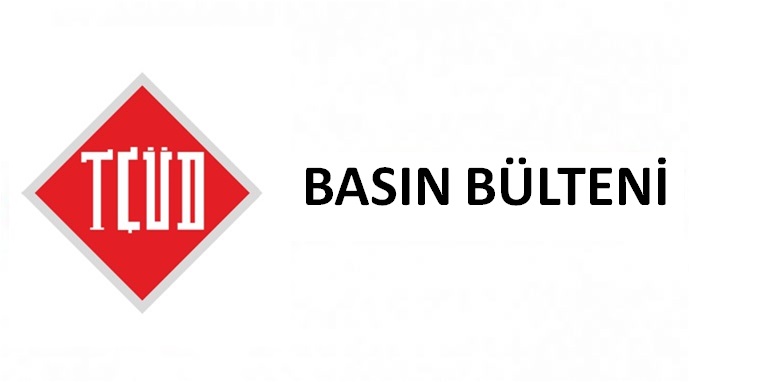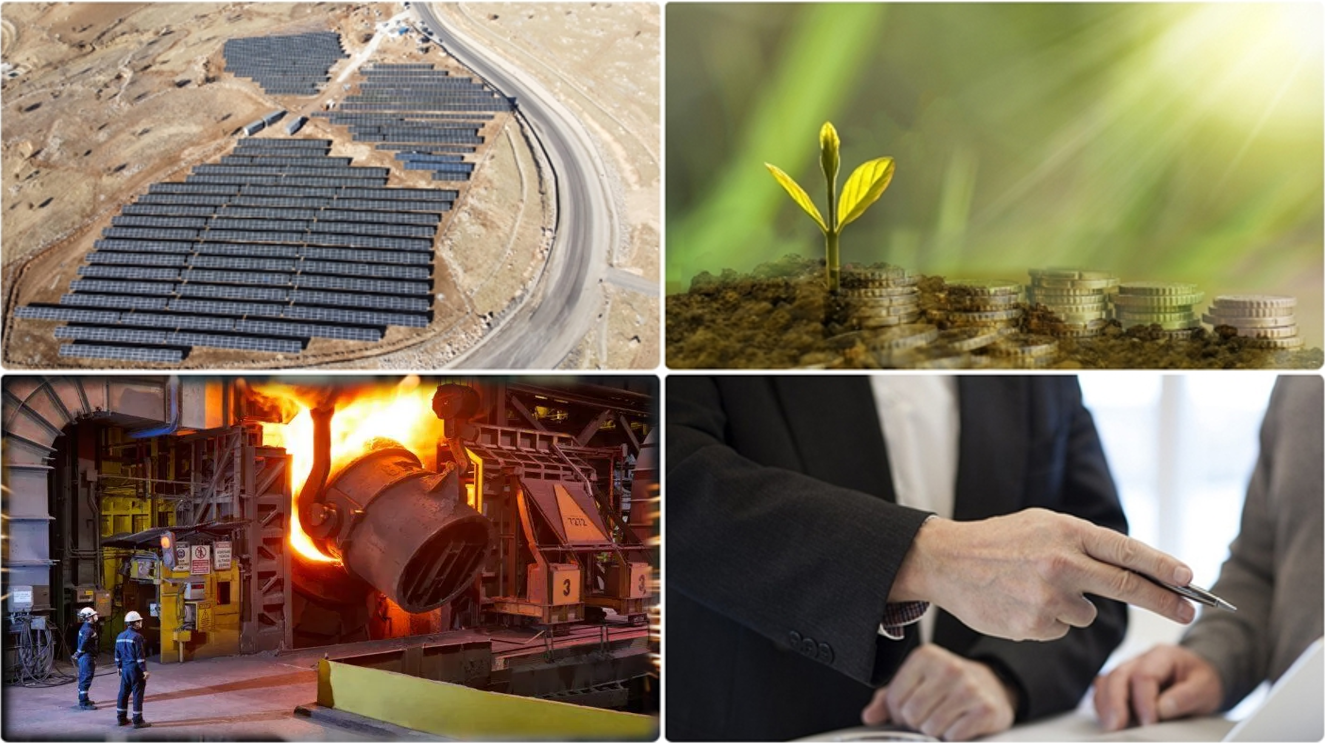Türkiye Posts Weaker Steel Output, Consumption in January-April Tarih: 31 May 2025
The Turkish steel industry’s performance during the first four months of 2025 lagged behind last year’s figures. Persistently high production costs and ongoing economic fluctuations remain key challenges for producers. While April results slightly softened the negative trend, the improvement was not sufficient to reverse the overall trajectory.
The country’s crude steel output declined by 1% year-on-year, totalling 12.3 million t in January-April 2025, according to the Turkish Steel Producers’ Association (TCUD). Weak market activity was further reflected in consumption figures, which dropped by 6.3% to 12 million t during the same period, Metal Expert learnt.
In April, production and consumption volumes were equal, both amounting to 3 million t. However, the trends were different: while steel output increased by 7% y-o-y, demand contracted by 2.9%.
Against the backdrop of a sluggish domestic market, foreign trade flows also weakened during the reporting period. Steel imports in January-April edged up by less than 1% to 5.6 million t, while in April alone, it dropped by 9.1% to 1.4 million t. Still, the developments varied depending on the segment. “While billet imports surged by 10.6% in the January-April period, it was noteworthy that, being one of the world’s largest long steel exporters, our country imported longs with a 14.6% increase,” the association said.
In contrast, Turkish steelmakers continued to focus on export markets in an effort to offset domestic demand weakness. Exports reached 5 million t in January-April, marking a 17.3% y-o-y rise. Of this total, 1.2 million t were shipped in April alone, up 14.4%.
The association concluded that to ensure the sustainability of the Turkish steel sector, it is essential to “create alternative input opportunities for scrap, to limit the increasing dumped imports from Far Eastern countries, to place the Inward Processing Regime application within a framework that prioritises domestic supply, and to increase the contribution of our steel sector to the elimination of the current account balance deficit.”








